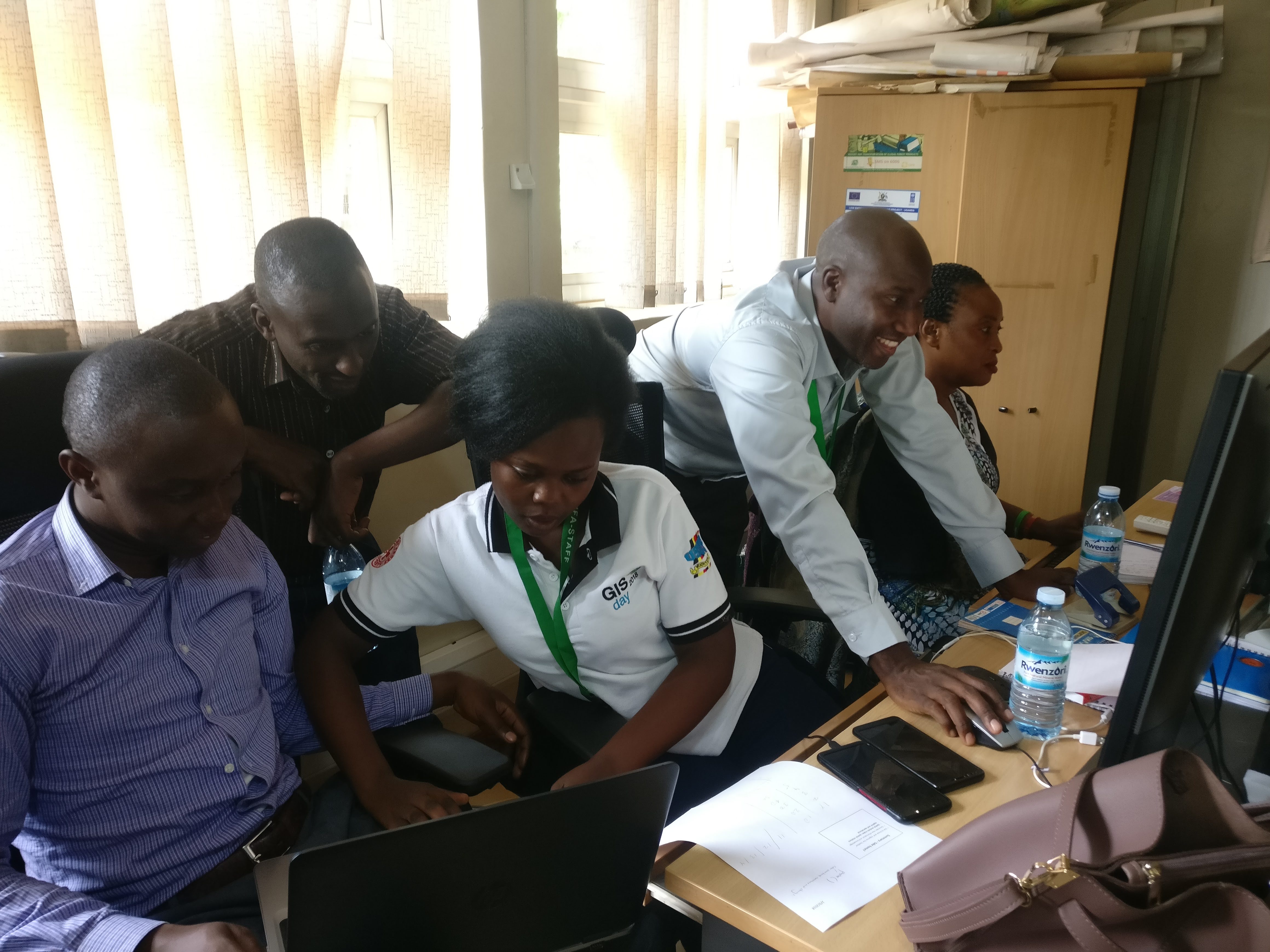Forest and land monitoring for climate action with SEPAL’s self paced online course

The first edition of the online facilitated course, Forest and Land Monitoring for Climate Action – SEPAL, was delivered simultaneously in English, French and Spanish from 24 March to 7 May 2023 on the FAO elearning Academy collaborative platform. Due to popular demand, the course remained open until 30 June 2023, allowing more participants to earn digital badges and certificates of completion.
The aim of the facilitated course was to support knowledge and skills development for applying high-resolution satellite imagery for forest and land monitoring. For those unable to attend, a self-paced version is now available through the FAO elearning Academy in English, French and Spanish, providing participants with the opportunity to study the materials without time constraints.
In the self-paced version of the course, participants will learn:
- the fundamentals of National Forest Monitoring Systems;
- the main functionalities of SEPAL for forest and land monitoring;
- how to perform sample-based area estimation for high integrity measurement, reporting and verification;
- how to use SEPAL to support decision-making for ecosystem restoration; and
- how to use SEPAL for peatland mapping and monitoring.
A global capacity development initiative for forest monitoring
This initiative from the Food and Agriculture Organization of the United Nations (FAO) highlights the growing interest in forest and land monitoring using freely available high-resolution satellite imagery through Norway's International Climate and Forest Initiative (NICFI) satellite data program, particularly in countries with tropical forests that are most affected by climate change.
The preliminary results of the facilitated course were presented during the Global Forest Observation Initiative (GFOI) Plenary that took place from 9 May to 11 May 2023 in Rome.
Of the 2 295 registered participants in the facilitated course, 34 percent were women from different regions and sectors, and 1 348 have been actively participating. Nearly half followed the course in French (239) and Spanish (399), while the remaining followed in English (710). A total of 254 digital badges were awarded to those who completed all five course modules, and 338 certificates of completion were achieved by those who finished one of the three learning paths (i.e. at least two modules).
Participants were asked to submit a satisfaction survey at the end of the course. The results showed that:
- 98 percent were “satisfied” or “very satisfied” with the course;
- 96 percent considered the course to be “relevant” or “very relevant” to their work;
- more than 98 percent acquired new knowledge and information; and
- participants’ preferred course content included materials and resources, videos, quizzes, interactive lessons and online live sessions.
Throughout the duration of the facilitated course, participants were able to connect, share experiences and seek opportunities for networking and collaboration. Read more about course participant feedback here.
If you participated in the course, share your feedback through Open Foris social media channels (@OpenForis on Twitter, LinkedIn and Facebook), using SEPAL hashtags (#SEPAL, #LearningSEPAL).
Contact the SEPAL team via email ([email protected]) or visit the SEPAL website to learn more.

